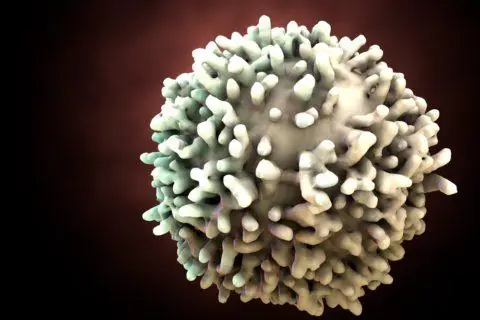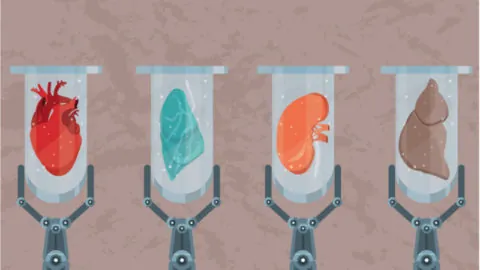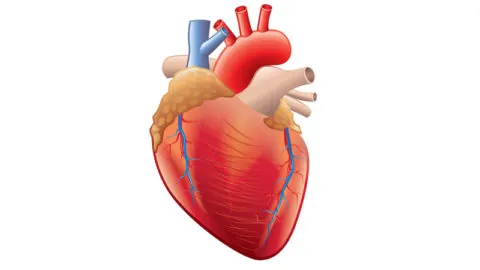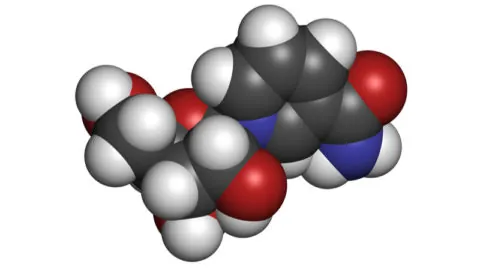As an undergraduate of Human Biosciences at Plymouth University, aging research has been Patrick’s passion for a long time now. While he has aspirations to later directly join the research effort, for now, he provides the community with educational articles, spreading knowledge of the biology behind the aging process while he himself learns.
Articles from this author
March 22, 2021
The immune system as a whole can be broadly separated into two main branches: the innate immune response and the adaptive immune response. The innate immune response is performed by a system that is always present across the body, while the adaptive immune response appears only in response to an infection and is always specific...
June 18, 2020
The world is reeling from the SARS-CoV-2 (COVID-19) pandemic, which has both had severe economic and humanitarian effects. As we continue to practice social distancing, we should ask ourselves: How can we avoid similar pandemics in the future? Aging and infectious disease are linked As we have discussed previously, aging is a major contributor to...
September 24, 2019
The ability to create synthetic organs has long been desired in medicine. If we could make synthetic organs for patients from their own cells, we could replace injured or damaged organs without risking the body rejecting the organ. This would have huge implications for the treatment of liver and kidney diseases, among others. For years,...
August 07, 2019
A study on animals with autoimmune myocarditis was recently released in the journal Cell Reports [1], showing the impact of heart inflammation on the types of immune cell that are formed in the heart. This could have a significant impact on our understanding of cardiac aging. What is myocarditis and how is it relevant to...
July 22, 2019
Today, we want to highlight a recent human trial of the popular supplement nicotinamide riboside, a compound that has been shown in mice to restore NAD+ levels. The compound has had impressive results against some aspects of aging in mouse studies, and there is now some more data for NR in humans [1]. What is...
January 14, 2019
Another senolytic drug candidate has entered development at Unity Biotechnologies. The purpose of senolytics is to clear the body of harmful senescent cells, which accumulate with age and encourage age-related diseases to develop. A new treatment for age-related diseases of the eye Recently, UNITY Biotechnologies announced the selection of a new lead drug, UBX1967, with...






